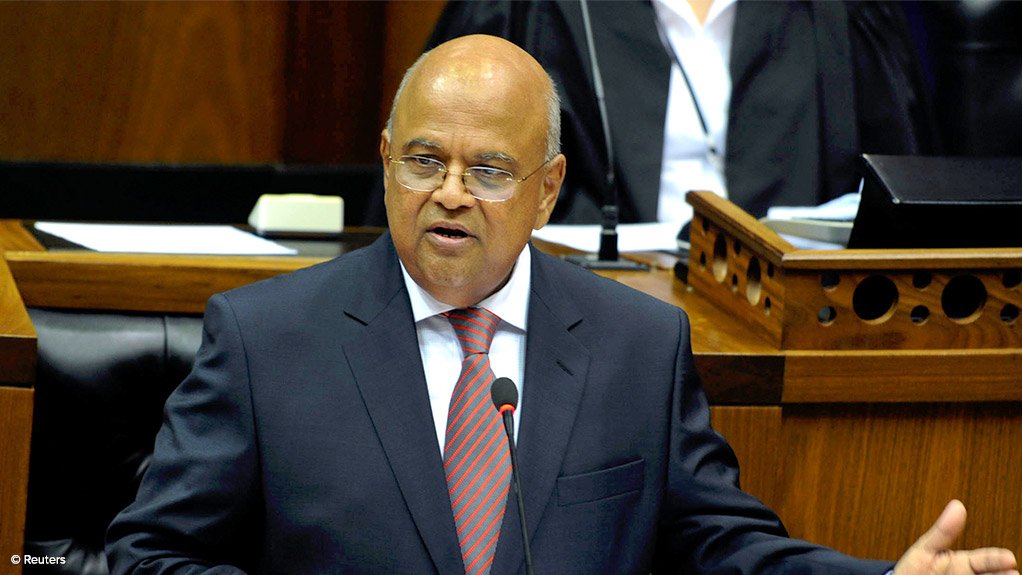The Department of Cooperative Governance and Traditional Affairs (CoGTA) is considering introducing legislation to incentivise positive behaviour among municipalities, Cooperative Governance and Traditional Affairs Minister Pravin Gordhan said on Thursday.
Such positive behaviour would include ensuring a minimum maintenance allocation of 7%, undertaking reviews of implementation capabilities and implementing ten-year infrastructure plans on a regional basis, he pointed out during his 2014/15 Budget Vote to Parliament.
Gordhan said CoGTA’s support was aimed at ensuring that municipalities developed new infrastructure at a faster pace, while adhering to the relevant standards, as well as enabling municipalities to improve the operation and maintenance of existing infrastructure to ensure continuity of service provision.
“The second major focus of CoGTA’s support aims at assisting municipalities to build their internal technical capacity to progressively strengthen their capability for sustainable infrastructure and service provision in the long term,” the Minister noted.
Meanwhile, Gordhan also announced that the department would, within the next few weeks, establish an advisory panel to improve on the integrity of municipalities’ supply chain management and procurement systems.
The panel, which would include members of civil society and the corporate sector, would advise on how municipalities’ procurement systems could be improved to inspire greater public confidence in municipal finance management.
The panel would also advise on how a new ethic and value system could be “infused among all government actors”, he said.
Further, Gordhan stated that municipalities of all sizes and locations had to start playing a more dynamic assertive and innovative role in experimenting with economic development projects that used an understanding of their local environment and its endowments.
“National and provincial entities must find new ways of exploring local potential to develop local economies, thereby creating jobs and contributing to a widening revenue base for municipalities, as national transfers alone cannot meet all local needs,” he stated.
Further, he said that, should National Treasury make good on its commitment to inject an addition R1-billion into the Community Work Programme (CWP) budget for 2016/17, the CWP could be expanded to every municipality by the end of that year.
“Presently, the CWP is being implemented in 149 municipalities. The increase would further facilitate the necessary upscaling of participation levels in existing sites in order to make the achievement of the one-million CWP work opportunity target a reality at the end of 2018/19.
“This achievement would translate into an improved quality of life for one-million CWP participants, their families and their communities,” he noted.
Meanwhile, Gordhan pointed out that, during the current medium-term expenditure framework (MTEF) cycle, CoGTA had been allocated R207.1-billion, of which 95%, or R197.34-billion, would go to municipalities and entities.
The CPW would be allocated R8.4-billion, while the remaining R1.38-billion would go towards the department’s operational budget.
The Local Government Equitable Share was allocated R147.57-billion over the three-year period, followed by the Municipal Infrastructure Grant (MIG) at R45.55-billion.
“In terms of MIG reprioritisation, an amount of R850-million has been earmarked for the total eradication of the bucket system and this will be undertaken by the Department of Water and Sanitation,” Gordhan pointed out.
Further, the Municipal Infrastructure Support Agency had been allocated an additional R60-million for the entire MTEF, bringing its total budget to R917.54-million.
EMAIL THIS ARTICLE SAVE THIS ARTICLE
To subscribe email subscriptions@creamermedia.co.za or click here
To advertise email advertising@creamermedia.co.za or click here











